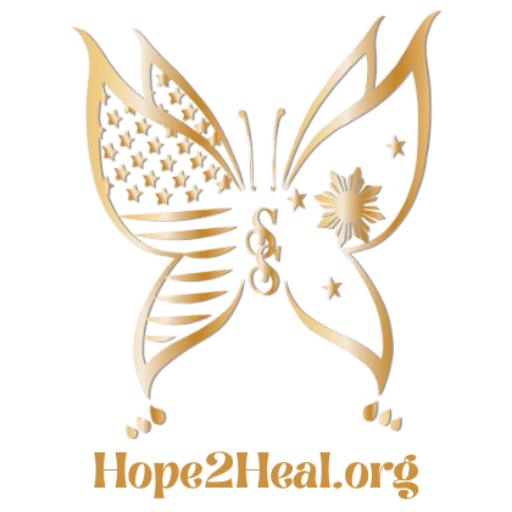is a power and control program designed to conform to the required minimum state standards
is operationalized in an open-ended group and workbook driven format which can be formatted to be completed in 26 or 52 sessions
all groups are facilitated by a trained facilitator (all Facilitators attend arequired 32-hour training in the model)
the workbook, Bringing Peace to Relationships, contains cognitive-behavioral exercises which have a specific format and purpose
all exercises are prepared by the participant prior to the group and then presented and processed during the group in compliance with the underlying issue of the exercise by atrained facilitator
is psycho-educational
confronts power & control tactics such as male privilege, coercion, minimizing behavior, and isolation
defines domestic violence
assists the batterer in taking responsibility
challenges role expectations
teaches stress management skills
teaches about the cycle of violence and requires the participant to identify any cycles within their relationships
teaches the participant tools to interrupt any violence such as learning to take a time-out
explores the socio-cultural basis for domestic violence


